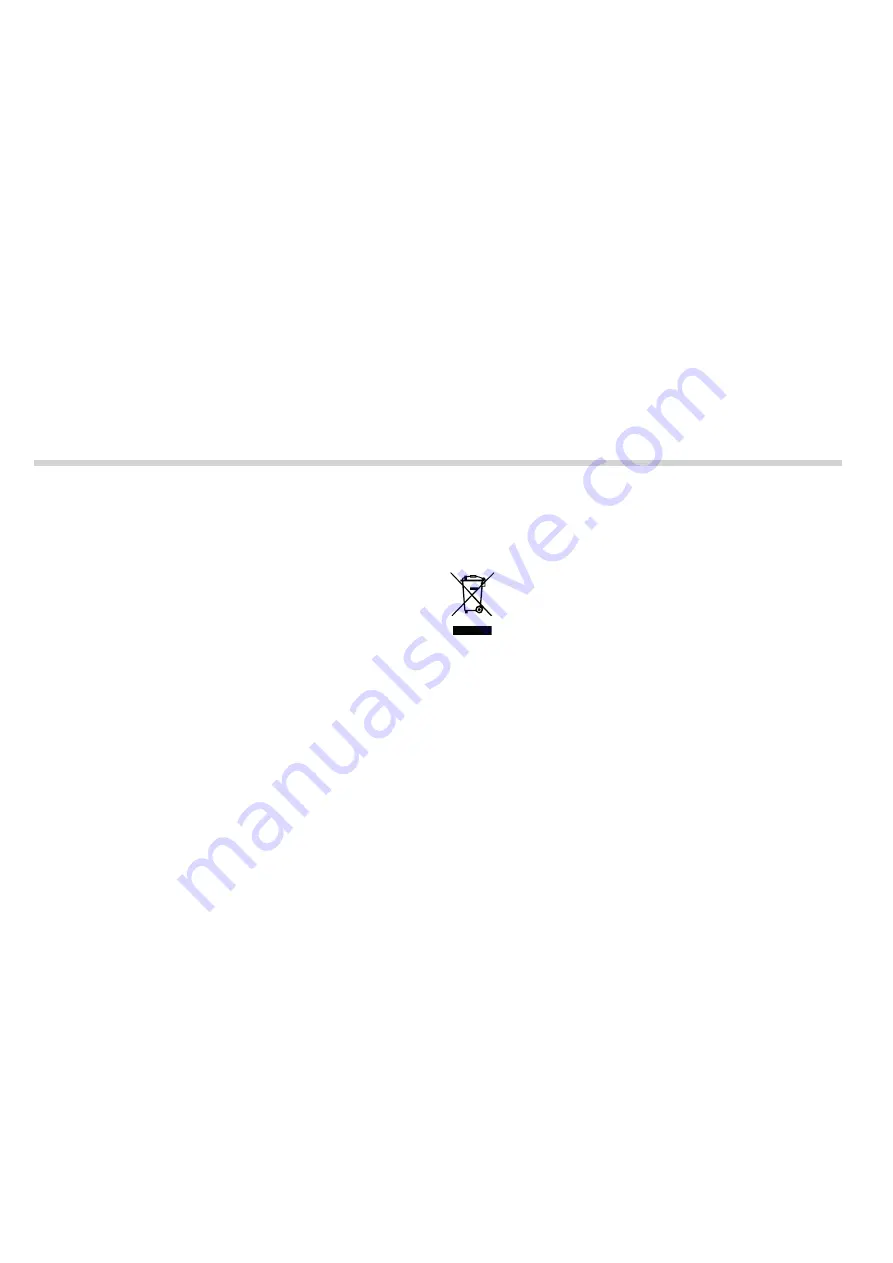
4
In combination with an activated vapour
extractor hood, room air is extracted from
the kitchen and neighbouring rooms - a
partial vacuum is produced if not enough
fresh air is supplied. Toxic gases from the
chimney or the extraction shaft are sucked
back into the living space.
■
Adequate incoming air must therefore
always be ensured.
■
An incoming/exhaust air wall box alone
will not ensure compliance with the limit.
Safe operation is possible only when the
partial vacuum in the place where the heat-
producing appliance is installed does not
exceed 4 Pa (0.04 mbar). This can be
achieved when the air needed for
combustion is able to enter through
openings that cannot be sealed, for
example in doors, windows, incoming/
exhaust air wall boxes or by other technical
means.
In any case, consult your responsible
Master Chimney Sweep. He is able to
assess the house's entire ventilation setup
and will suggest the suitable ventilation
measures to you.
Unrestricted operation is possible if the
vapour extractor hood is operated
exclusively in the circulating-air mode.
Risk of fire!
■
Grease deposits in the grease filter may
catch fire.
Clean the grease filter at least every
2 months.
Never operate the appliance without the
grease filter.
Risk of fire!
■
Grease deposits in the grease filter may
catch fire. Never work with naked flames
close to the appliance (e.g. flambéing). Do
not install the appliance near a heat-
producing appliance for solid fuel (e.g.
wood or coal) unless a closed, non-
removable cover is available. There must
be no flying sparks.
Risk of fire!
■
Hot oil and fat can ignite very quickly.
Never leave hot fat or oil unattended.
Never use water to put out burning oil or
fat. Switch off the hotplate. Extinguish
flames carefully using a lid, fire blanket or
something similar.
Risk of fire!
■
When gas burners are in operation without
any cookware placed on them, they can
build up a lot of heat. A ventilation
appliance installed above the cooker may
become damaged or catch fire. Only
operate the gas burners with cookware on
them.
Risk of fire!
■
Operating several gas burners at the
same time gives rise to a great deal of
heat. A ventilation appliance installed
above the cooker may become damaged
or catch fire. Never operate two gas
burners simultaneously on the highest
flame for longer than 15 minutes. One
large burner of more than 5 kW (wok) is
equivalent to the power of two gas
burners.
Risk of burns!
The accessible parts become very hot when
in operation. Never touch hot parts. Keep
children at a safe distance.
Risk of injury!
■
Components inside the appliance may
have sharp edges. Wear protective gloves.
Risk of injury!
■
Items placed on the appliance may fall
down. Do not place any objects on the
appliance.
Risk of injury!
■
The light emitted by LED lights is very
dazzling, and can damage the eyes (risk
group 1). Do not look directly into the
switched on LED lights for longer than
100 seconds.
5
Risk of electric shock!
■
A defective appliance may cause electric
shock. Never switch on a defective
appliance. Unplug the appliance from the
mains or switch off the circuit breaker in
the fuse box. Contact the after-sales
service.
Risk of electric shock!
■
Incorrect repairs are dangerous. Repairs
may only be carried out and damaged
power cables replaced by one of our
trained after-sales technicians. If the
appliance is defective, unplug the
appliance from the mains or switch off the
circuit breaker in the fuse box. Contact the
after-sales service.
Risk of electric shock!
■
Do not use any high-pressure cleaners or
steam cleaners, which can result in an
electric shock.
Causes of damage
Caution!
Risk of damage due to corrosion. Always switch on the
appliance while cooking to avoid condensation. Condensate
can produce corrosion damage.
Risk of damage due to ingress of humidity into the electronic
circuitry. Never clean operator controls with a wet cloth.
Surface damage due to incorrect cleaning. Clean stainless
steel surfaces in the direction of the grain only. Do not use any
stainless steel cleaners for operator controls.
Surface damage due to strong or abrasive cleaning agents.
Never use strong and abrasive cleaning agents.
Risk of damage from returning condensate. Install the exhaust
duct in such a way that it falls away from the appliance slightly
(1° slope).
Environmental protection
Your new appliance is particularly energy-efficient. Here you
can find tips on how to save even more energy when using the
appliance, and how to dispose of your appliance properly.
Saving energy
■
During cooking, ensure that there is a sufficient supply of air
so that the extractor hood can work efficiently and with a low
level of operating noise.
■
Adjust the fan speed to the intensity of the cooking fumes.
Only use intensive mode where this is required. A lower fan
speed means that less energy is consumed.
■
If there are intensive cooking fumes, select a higher fan
speed in good time. If cooking fumes have already spread in
the kitchen, the extractor hood must be operated for longer.
■
Switch off the extractor hood if you no longer require it.
■
Switch off the lighting if you no longer require it.
■
Clean and, if required, replace the filter at regular intervals in
order to increase the effectiveness of the ventilation system
and to prevent the risk of fire.
Environmentally-friendly disposal
Dispose of packaging in an environmentally-friendly manner.
This appliance is labelled in accordance with
European Directive 2012/19/EU concerning used
electrical and electronic appliances (waste
electrical and electronic equipment - WEEE). The
guideline determines the framework for the return
and recycling of used appliances as applicable
throughout the EU.
Summary of Contents for DUL63CC20B
Page 1: ... en Instruction manual Extractor hood DUL63CC60B DUL63CC20B DUL63CC50B ...
Page 2: ......
Page 10: ......
Page 11: ......






























